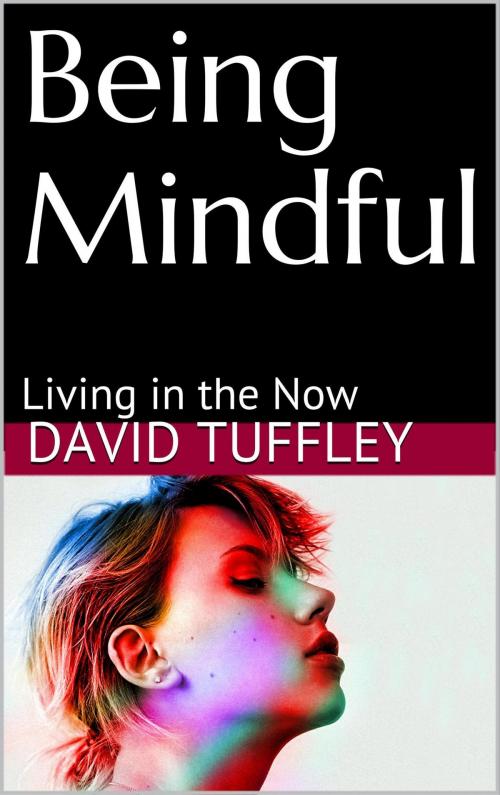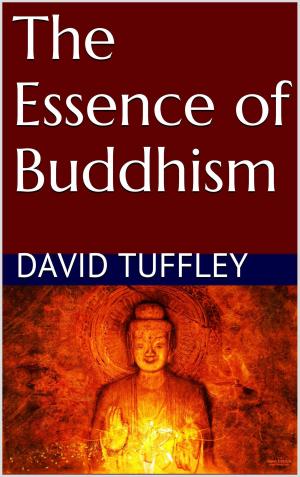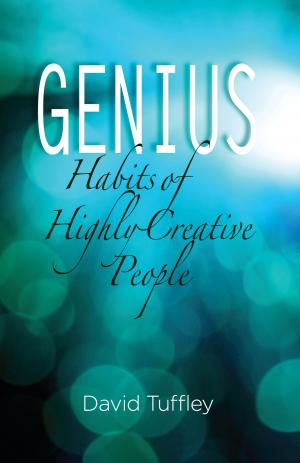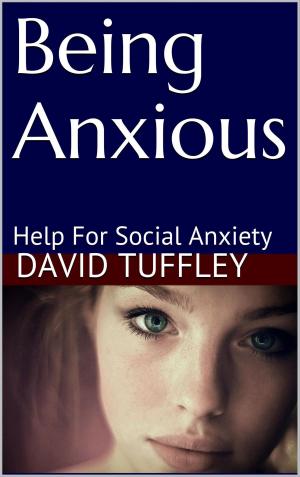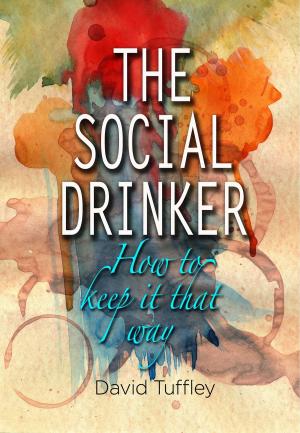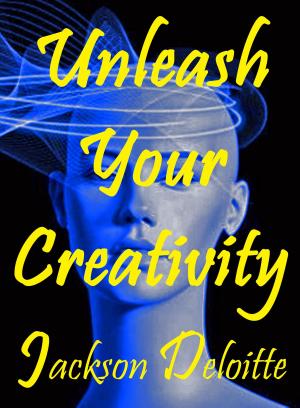Being Mindful: Living in the Now
Nonfiction, Religion & Spirituality, Eastern Religions, Buddhism, Health & Well Being, Self Help, Self Improvement, Motivational| Author: | David Tuffley | ISBN: | 9781311026569 |
| Publisher: | Altiora Publications | Publication: | May 12, 2014 |
| Imprint: | Smashwords Edition | Language: | English |
| Author: | David Tuffley |
| ISBN: | 9781311026569 |
| Publisher: | Altiora Publications |
| Publication: | May 12, 2014 |
| Imprint: | Smashwords Edition |
| Language: | English |
If you can observe your thoughts, who exactly is doing the observing? It is not the ‘I’ that has a name and a life history -- your egoic self. This simple question is at the centre of the great religions and spiritual traditions in the world. Mindfulness in the Buddhist tradition is one source of answers.
Beyond the spiritual benefits, there are numerous health benefits for the mindfulness practitioner. At the physical level, mindfulness has been proven by recent research to help reduce stress, lower blood pressure, treat heart disease, reduce chronic pain, help you sleep soundly, alleviate gastro-intestinal problems to name a few.
At the mental level, psychotherapists are using mindfulness as an effective therapy. It is showing good results in helping with depression, substance abuse, eating disorders, relationship conflicts, anxiety disorders, and obsessive-compulsive disorder.
The techniques outlined in this concise, plain-language eBook are easy to understand. You have nothing lose and everything to gain by learning this ancient healing technique to help you towards a happier, healthier life.
It is surprising how many folks in the world around you are operating at a largely unconscious level, which is to say they are driven by habit and instinct; displaying the same stimulus-response behavior time after time.
I am not suggesting that people are unconscious in the sense of being asleep. If they are driving cars and walking about, they have enough awareness to avoid accidents -- most of the time. They are unconscious in the sense that they allow their social conditioning and innate drives to determine how they live and act. When something happens, they react in their usual way without much awareness of what they are doing. This explains why people make the same mistakes over and over.
In this habit-driven state, a person is unlikely to be aware of the web of cause and effect in the world around them. They are unaware of how their actions in the past have created their present circumstances, so they have little sense of control over their lives.
Mindfulness changes all of that, allowing you to consciously choose your actions, moment by moment, in order to create the future you want. It confers on you that uniquely human privilege of free will; the ability to transcend the primitive instincts that still reside not very far below the surface of your otherwise civilized life.
Mindfulness opens the door to higher consciousness. For the traveller on the spiritual path or simply someone who want a higher quality life, this eBook can help.
If you can observe your thoughts, who exactly is doing the observing? It is not the ‘I’ that has a name and a life history -- your egoic self. This simple question is at the centre of the great religions and spiritual traditions in the world. Mindfulness in the Buddhist tradition is one source of answers.
Beyond the spiritual benefits, there are numerous health benefits for the mindfulness practitioner. At the physical level, mindfulness has been proven by recent research to help reduce stress, lower blood pressure, treat heart disease, reduce chronic pain, help you sleep soundly, alleviate gastro-intestinal problems to name a few.
At the mental level, psychotherapists are using mindfulness as an effective therapy. It is showing good results in helping with depression, substance abuse, eating disorders, relationship conflicts, anxiety disorders, and obsessive-compulsive disorder.
The techniques outlined in this concise, plain-language eBook are easy to understand. You have nothing lose and everything to gain by learning this ancient healing technique to help you towards a happier, healthier life.
It is surprising how many folks in the world around you are operating at a largely unconscious level, which is to say they are driven by habit and instinct; displaying the same stimulus-response behavior time after time.
I am not suggesting that people are unconscious in the sense of being asleep. If they are driving cars and walking about, they have enough awareness to avoid accidents -- most of the time. They are unconscious in the sense that they allow their social conditioning and innate drives to determine how they live and act. When something happens, they react in their usual way without much awareness of what they are doing. This explains why people make the same mistakes over and over.
In this habit-driven state, a person is unlikely to be aware of the web of cause and effect in the world around them. They are unaware of how their actions in the past have created their present circumstances, so they have little sense of control over their lives.
Mindfulness changes all of that, allowing you to consciously choose your actions, moment by moment, in order to create the future you want. It confers on you that uniquely human privilege of free will; the ability to transcend the primitive instincts that still reside not very far below the surface of your otherwise civilized life.
Mindfulness opens the door to higher consciousness. For the traveller on the spiritual path or simply someone who want a higher quality life, this eBook can help.
